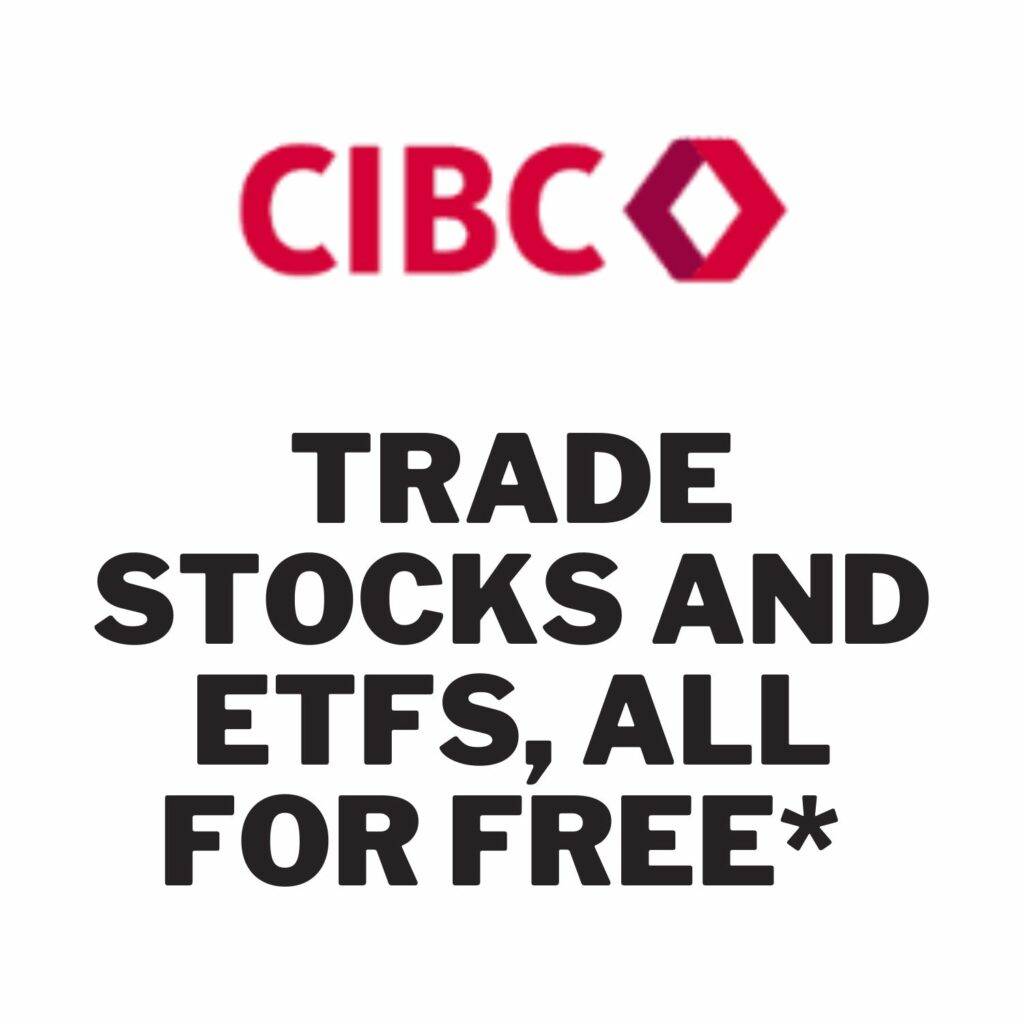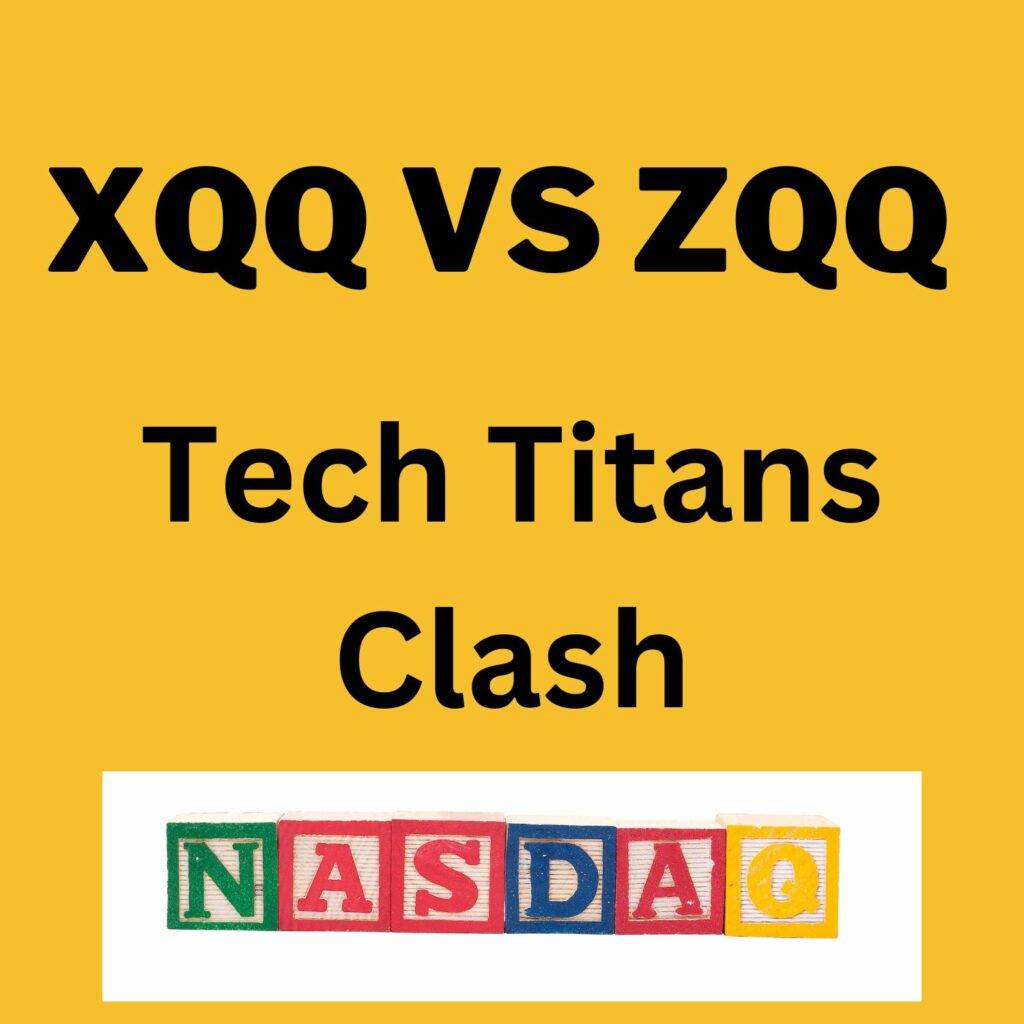In the ever-evolving landscape of ETFs, two heavyweights have caught the attention of Canadian investors: iShares NASDAQ 100 Hedged to CAD ETF (TSX:XQQ) and BMO NASDAQ 100 Equity Index ETF (CAD-Hedged) (TSX:ZQQ). Both of these ETFs offer a ticket to the tech-heavy NASDAQ 100 Index, a realm dominated by the giants of the non-financial world. (XQQ vs ZQQ)
[stock_market_widget type=”table-quotes” template=”color-header-border” color=”#5679FF” assets=”XQQ.TO,ZQQ.TO” fields=”symbol,name,price,change_pct,net_assets” display_header=”true” display_chart=”false” search=”false” pagination=”false” scroll=”false” rows_per_page=”5″ sort_direction=”asc” alignment=”left” api=”yf”]

The Market Dips, Opportunities Rise
Enter XQQ and ZQQ, brought to the stage by BlackRock and BMO Global Asset Management, respectively, both offering low-cost, high-liquidity options for investors seeking NASDAQ 100 exposure.
XQQ vs. ZQQ: Fees – A Stalemate
When it comes to fees, it’s a neck-and-neck race. Both XQQ and ZQQ share an identical management expense ratio (MER) of 0.39%. In the financial realm, this means that for every $10,000 invested, you’re looking at an annual fee of $39, making this category a draw between the two contenders.
Top 10 Best Growth ETF in Canada!
VFV Review (2023): Vanguard S&P500 ETF For Canadians
Size Matters, but How Much?
Size is a crucial factor in the world of ETFs, influencing liquidity, trading volume, and overall stability. XQQ flaunts assets under management (AUM) totaling $2 billion, outmuscling ZQQ, which stands strong with AUM at $1.4 billion. While both are substantial for the buy-and-hold investor, XQQ takes the lead as the more popular choice among Canadian investors.
Holdings: Tracking the Titans
XQQ and ZQQ share a common mission: tracking the NASDAQ 100 Index, home to the top 100 non-financial companies on the NASDAQ exchange. It’s a playground for mega-cap growth stocks, heavily leaning towards the technology and telecommunications sectors.
Both ETFs implement currency hedging to mitigate the impact of CAD-USD fluctuations. However, the real-world application introduces some tracking error, creating a performance drag compared to the index. With identical MERs and performance, the choice between XQQ and ZQQ boils down to personal preference rather than a significant difference in AUM.
Performance comparison
[stock_market_widget type=”table-quotes” template=”color-header-border” color=”#5679FF” assets=”ZQQ.TO,XQQ.TO” fields=”symbol,ytd_return,three_year_average_return,five_year_average_return” display_header=”true” display_chart=”false” search=”false” pagination=”false” scroll=”false” rows_per_page=”5″ sort_direction=”asc” alignment=”left” realtime=”true” api=”yahoo-finance”]
ZQQ and XQQ present nearly identical returns with only a negligible variance. Given that both ETFs closely follow the NASDAQ 100 index, this slight difference is expected. While tracking errors may contribute to this minimal discrepancy, there’s no need for concern. Over the long term, the performance of these two ETFs is anticipated to align closely with that of the NASDAQ 100, ensuring a consistently similar trajectory.
The NASDAQ 100: A Rollercoaster with Rewards
Despite the high volatility of the NASDAQ 100, opportunistic investors view it as a chance to buy high-value stocks at a discount. XQQ and ZQQ serve as gateways to this potentially lucrative market, offering a chance for investors to ride the tech wave when bargains will come by.
In conclusion, whether you opt for XQQ or ZQQ, you’re securing a piece of the tech pie. Both ETFs are well-positioned to capitalize on the NASDAQ 100’s eventual rebound. So, pick the one that resonates with you.
Latest posts:
- VGT Canadian Equivalent: Best Tech ETFs for Canadian Investors (2026)
- VGRO vs XGRO: Which All-in-One ETF Is Better for Canadian Investors?
- VFV vs XSP: Comparing Two Popular S&P 500 ETFs for Canadian Investors
- VUN vs VOO: A Comprehensive Guide for Canadian Investors to Maximize U.S. Market Exposure
- VFV Review (2025): Vanguard S&P500 ETF For Canadians
- VFV vs VGRO – Full review and comparison
- VGRO review 2025: Vanguard Growth ETF Portfolio

